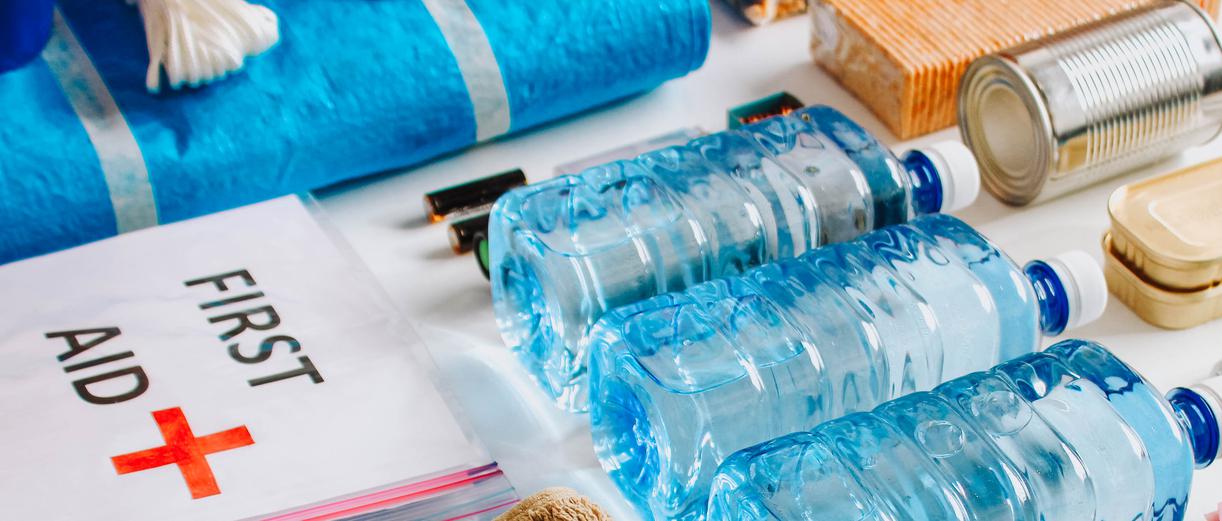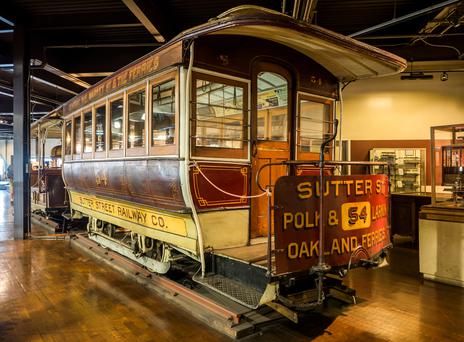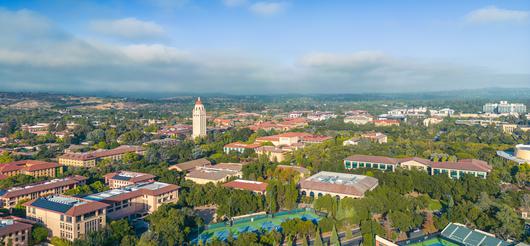5 Things to Do in Little Tokyo, California
Never been before? We’ll be your trustee Little Tokyo guide with a day’s worth of fun things to do in Little Tokyo.

Earthquakes are incredibly common in California. Are you prepared? Here's what to do before, during, and after an earthquake.
3 min read
October 28, 2019

Never been before? We’ll be your trustee Little Tokyo guide with a day’s worth of fun things to do in Little Tokyo.

If you're looking for something fun to do, there are plenty of fun and free things to do in San Francisco, use our guide to help make plans.

Feel the knowledge flood from its elegant red-tile roofs as you wander the town’s beautiful college campus in search of hidden finds.

Enjoy the perfect California spring weather at these ideal spots for a spring vacation in California.

